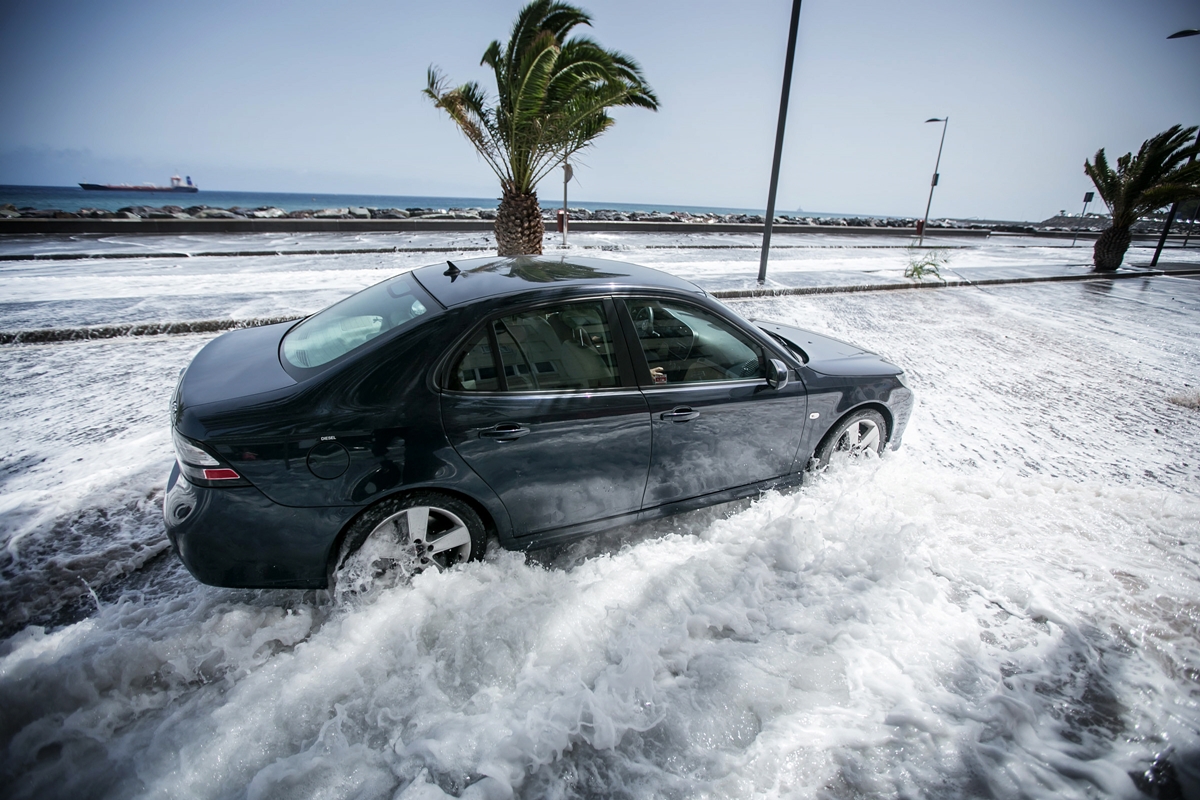Omaira García (AEMET Izaña) highlights that "there will be an increase in temperature in the highest areas and less rainfall, as well as events such as heatwaves or subtropical storms will intensify"
The Izaña Atmospheric Research Center (CIAI) is one of the international reference stations of the global atmospheric monitoring program (VAG), of the World Meteorological Organization (WMO), for its observation and analysis of the subtropical climate of the North Atlantic, and the assessment of the consequences of greenhouse gases, carbon monoxide, carbon dioxide, methane and nitrous oxide, levels of solar radiation, ozone, atmospheric aerosols, and other particles in the air.
One of the main researchers of the CIAI, Omaira García, told the newspaper Diario, that this first Report of the Intergovernmental Panel on Climate Change (IPCC) projects for the Canary Islands “scarce rainfall, also due to the lower arrival of the trade winds, which will lead us to drought”, as well as the increase in temperature “more markedly in the higher areas”.
García stressed that this scientifically based report "points to a rather devastating situation." If the previous one already indicated the effects that we are observing, “the current one points unequivocally to the human contribution to climate change. It quantifies in an accurate way the warming observed in 1.07ºC (degrees centigrade) at a global level, but it is not uniform, and “in high mountain areas such as the Izaña Observatory, the summits of the Canary Islands or places of high latitudes such as the North Pole or Antarctica, that increase is much greater ”. It also establishes that "extreme events will be accentuated, that is, there will be very abrupt rains, cyclones and hurricanes with periods of more intense droughts and longer-lasting heat waves."
Asked if we have reached a “point of no return”, Omaira García assured that “systems naturally evolve, they tend to seek a state of equilibrium, and in the next, we will have a higher temperature. The problem is to know what the climatic consequences of this new balance will be and we have to adapt both humans and other species”. "It seems irreversible to lower that degree of temperature again in 2100." In the last four decades there has been the most accelerated temperature increase in the last two thousand years, and that is important, because it is not linear and predictable", but because "We will reach those almost unpredictable turning points of no return." "It is unrealistic to think that it will only rise from 1.5ºC to 2ºC, as the data points to a more dramatic scenario." “Carbon dioxide levels have not been recorded like this in the last 800,000 years. Climate change has come to stay, and it does not mean that it is irreversible, but that it will evolve towards another point of balance, and we will have to think about mitigation, adaptation, control and resilience. We are going to have to adapt”.
